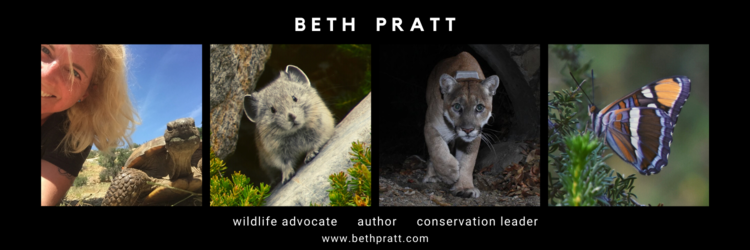 Earth Hour 2009 supporters in Thailand (Photo courtesy WWF)The news about climate change is often bad, filled with disheartening updates and sobering predictions on current and future impacts to our planet.
Earth Hour 2009 supporters in Thailand (Photo courtesy WWF)The news about climate change is often bad, filled with disheartening updates and sobering predictions on current and future impacts to our planet.
But on March 27, 2010 at 8:30 pm the world will celebrate life on earth and unite in the battle against climate change as the lights go dark globally as part of Earth Hour. Sponsored by the World Wildlife Fund, Earth Hour has been an annual event since 2007. Last year, 4,159 cities participated including New York, Hong Kong, Paris, London, Sydney, and Los Angeles. Over a thousand iconic landmarks also went dark such as the Eiffel Tower, the Empire State Building, Rome’s Coliseum, and the Las Vegas Strip.
In December of 2009 at the historic UN Climate Conference in Copenhagen, over 192 nations unanimously agreed that global warming is the greatest threat to our planet today and that the world must act together to limit warming to a 2-degree threshold. The consequences of our reliance on fossil fuels and overwhelming consumption of energy is reverberating across the globe—disrupting natural processes and placing people and animals at risk.
Climate change is impacting the life on earth that we cherish—today. It is not an abstract, future threat, but a real force that already has repercussions in the present. In Yellowstone National Park, a small beetle that thrives in warmer temperatures is destroying a vital food source for the park’s grizzly bears. Over a third of the world amphibians are on the verge of extinction, including the yellow-legged frog in Yosemite National Park. Desert bighorn sheep and American pika, already living in two different worlds of extremes, are disappearing from their historical ranges as increasing temperatures render their respective habitats unsuitable.
Pledge your support for the grizzly bear, for the yellow-legged frog, the pika, for the survival of our national parks, and for all life by taking part in Earth Hour on March 27, 2010.
